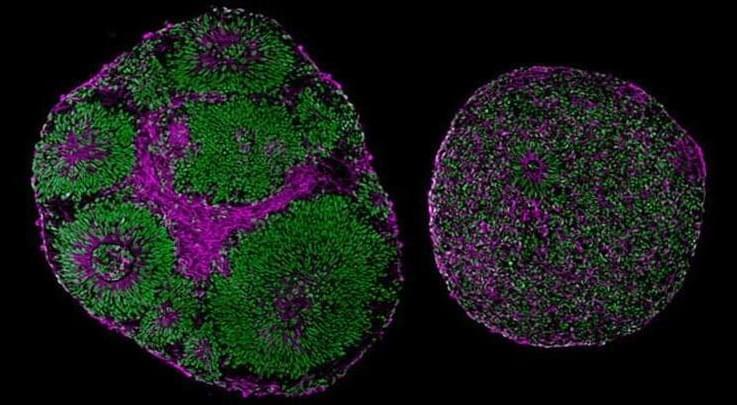Scientists have uncovered changes in neurological structure that could underlie the autism spectrum disorder known as Pitt Hopkins syndrome, thanks to the help of lab-grown brains developed from human cells.
Furthermore, the researchers were able to recover lost genetic functions through the use of two different gene therapy strategies – hinting at the possibility of treatments that could one day give those with the condition new options in improving their quality of life.
Pitt Hopkins syndrome is a neurodevelopmental condition stemming from a mutation in a DNA-management gene called transcription factor 4 (TCF4). Classed on the autism spectrum on account of its severe impact on motor skills and sensory integration, it’s a complex condition that presents with a range of severities.










Comments are closed.